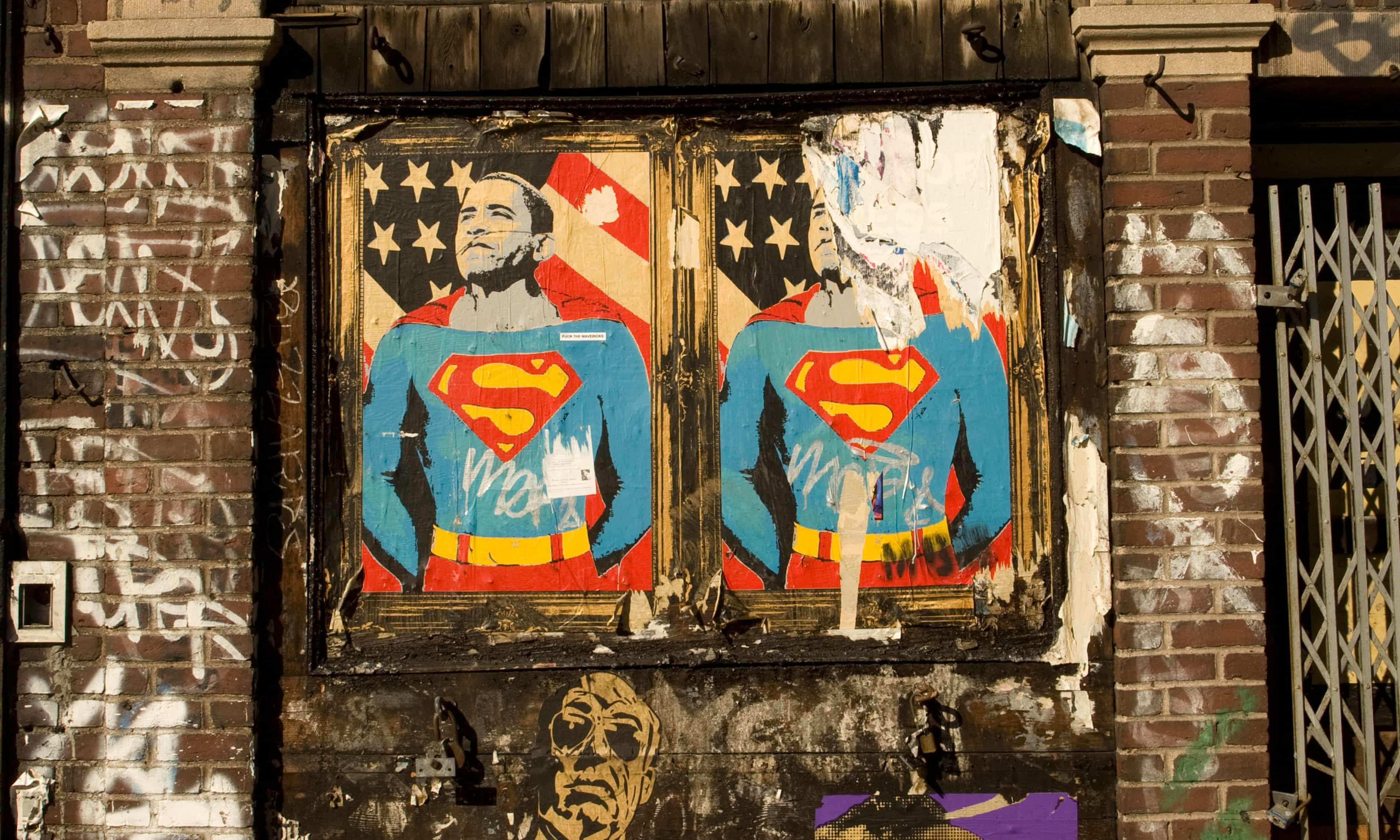Multiracial Identity and Racial Politics in the United StatesPosted in Barack Obama, Books, Census/Demographics, Communications/Media Studies, Media Archive, Monographs, Politics/Public Policy, United States on 2017-10-17 02:35Z by Steven |
Multiracial Identity and Racial Politics in the United States
Oxford University Press
2017-09-27
280 pages
6-1/8 x 9-1/4 inches
Hardcover ISBN: 9780190657468
Paperback ISBN: 9780190657475
Natalie Masuoka, Associate Professor of Political Scienc
Tufts University, Medford, Massachusetts
- Provides readers seeking to understand the history of American race relations with both historical methods and analyses of empirical data
- Offers a new theory of thinking about race, the “identity choice” framework which is situated in the major debates on U.S. racial formation
- Will be of interest to scholars of critical race theory and identity theory, in addition to multiracial individuals and others interested in US racial politics
While pundits point to multiracial Americans as new evidence of a harmonious ethnic melting pot, in reality mixed race peoples have long existed in the United States. Rather than characterize multiracial Americans as a “new” population, this book argues that instead we should view them as individuals who reflect a new culture of racial identification. Today, identities such as “biracial” or “swirlies” are evoked alongside those more established racial categories of white, black Asian and Latino. What is significant about multiracial identities is that they communicate an alternative viewpoint about race: that a person’s preferred self-identification should be used to define a person’s race. Yet this definition of race is a distinct contrast to historic norms which has defined race as a category assigned to a person based on certain social rules which emphasized things like phenotype, being “one-drop” of African blood or heritage.
In Multiracial Identity and Racial Politics in the United States, Natalie Masuoka catalogues how this cultural shift from assigning race to perceiving race as a product of personal identification came about by tracing events over the course of the twentieth century. Masuoka uses a variety of sources including in-depth interviews, public opinion surveys and census data to understand how certain individuals embrace the agency of self-identification and choose to assert multiracial identities. At the same time, the book shows that the meaning and consequences of multiracial identification can only be understood when contrasted against those who identify as white, black Asian or Latino. An included case study on President Barack Obama also shows how multiracial identity narratives can be strategically used to reduce anti-black bias among voters. Therefore, rather than looking at multiracial Americans as a harbinger of dramatic change for American race relations, this Multiracial Identity and Racial Politics in the United States shows that narratives promoting multiracial identities are in direct dialogue with, rather than in replacement of, the longstanding racial order.
Table of Contents
- CHAPTER 1: Identity Choice: Changing Practices of Race and Multiracial Identification
- CHAPTER 2: Exclusive Categories: Historical Formation of Racial Classification in the United States
- CHAPTER 3: Advocating for Choice: Political Views of Multiracial Activists
- CHAPTER 4: Declaring Race: Understanding Opportunities to Self-Identify as Multiracial
- CHAPTER 5: Implications of Racial Identity: Comparing Monoracial and Multiracial Political Attitudes
- CHAPTER 6: In the Eye of the Beholder: American Perceptions of Obama’s Race
- CHAPTER 7: Multiracial and Beyond: Racial Formation in the 21st Century
- References
- Appendices





